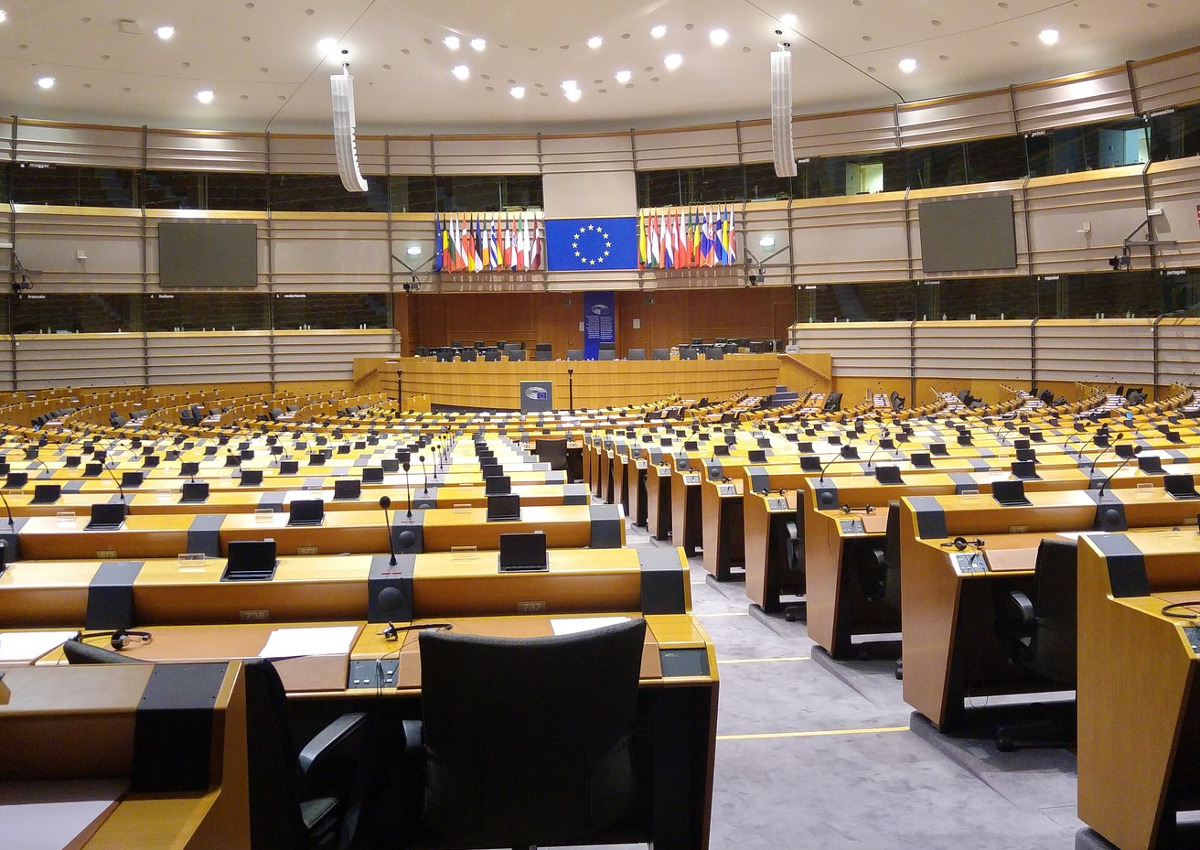The European Parliament’s Committee on Agriculture and Rural development voted by an overwhelming majority to ban unfair trading practices in the agri-food supply chain. “We have demonstrated once again that Europe is not the problem, but the solution to the problems. In this case, we defended consumers and agri-food companies against large purchasing players, regardless of their economic size”. That is what Italian MEP Paolo De Castro – first vice-president of the EU Parliament’s Committee on Agriculture and Rural development and rapporteur on the proposal to ban unfair practices in the food chain – “proudly” announced.
AGAINST UNFAIR TRADING PRACTICES
“The Committee’s vote (38 in favour, 4 against and 2 abstentions) is proof – continued De Castro – that working as a team and in a constructive way means to get the desired results in Europe. We have said ‘no’ to last minute cancellation of orders, late payments to suppliers, unilateral changes to contracts, and non-payment to suppliers for unsold goods. Who is paying the final price for these unfair trading practices? All of us consumers, forced to see the quality of the food we bring to the table falling together with the social rights of those who produce it. After this vote, on 22 October the Parliament will definitively validate the improvements included in Commissioner Hogan’s proposal. Then we can start inter-institutional negotiations that will lead to the final approval of the text before Christmas.
A USEFUL BLACK LIST
The stop to unfair trading practices also makes use of the first black list against the systems of “misleading nutritional labelling, such as traffic light labels”. That is what Italian farmers association Coldiretti said, expressing appreciation for the Committee’s vote. The text “in fact establishes – Coldiretti stated – a minimum common regulatory basis at EU level to which all operators in the agri-food chain must refer. Among the most important innovations there is the principle of unfair trading practices to be prohibited throughout the territory of the EU. Starting with the use of misleading nutritional labelling systems. As is the case of traffic light labels adopted in the UK, which end up excluding healthy and natural foods, such as olive oil, from the diet”.

